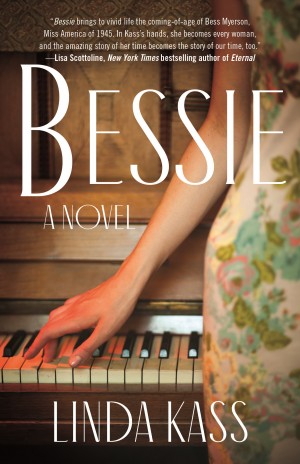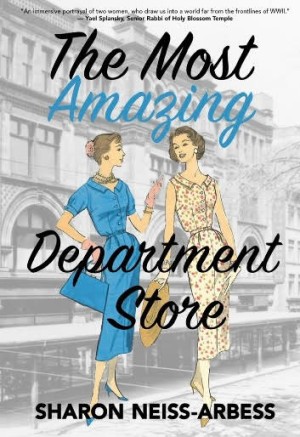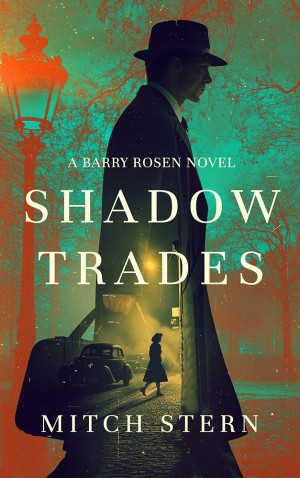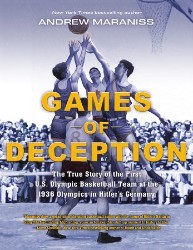There are a host of books written about the experience of living through the horrors of the Holocaust. However, most of these works end when freedom begins for their characters. There are a much fewer number that take on directly the lasting trauma of the Shoah, exploring the way that its legacy scars and lingers. Shadows of Berlin is one such thoughtful attempt at this type of Holocaust novel. Through the story of Rachel Perlman, author David Gillham explores the nature of trauma and the role that a nightmarish past can play in stilting our dreams for the future.
Shadows of Berlin takes place in two timelines. The first occurs in 1950s New York, where protagonist Rachel is married to her loving but flawed husband Aaron and the two of them are attempting to navigate the city. Gillham includes a host of well-drawn, rich characters and engaging subplots that allow him to explore many tangentially related themes, including racism and class divisions; however, the main source of tension for the couple is over whether or not to have children. Rachel is still struggling with demons from the Holocaust and Aaron is likewise wracked with guilt over his safe placement on an American base out west during World War II. The novel examines how the couple wrestles with these feelings in the hopes of coming up with a decision about parenthood.
The second timeline takes place in flashbacks, as the appearance of a strange painting from Rachel’s past transports the reader to Nazi Germany. There we follow Rashka — Rachel’s name before arriving in the US — as she attempts to survive the war. In order to live, Rashka and her mother become U‑Boats, a term that connotes hiding in plain sight and attempting to pass as German. This term will likely be unfamiliar to most readers and Gillham does a good job examining its many facets. When Rashka is caught, she has to make a heart wrenching decision about whether or not to help the Nazis.
The flashbacks are very compelling; Gillham does a magnificent job of blurring the lines between good and evil, subtly raising important philosophical questions. These episodes give color and motivation to the characters of the 1950s, allowing the reader to empathize with Rachel’s plight and to understand both her listlessness and her sense of urgency in recovering the newly discovered painting.
Gillham gives us a memorable protagonist in Rachel, whose story will stay with you long after you finish reading the book. Her tale of perseverance will leave you asking the question: To what lengths would you go to in order to survive, and how might the trauma of that decision stay with you well into the future?
Rabbi Marc Katz is the Rabbi at Temple Ner Tamid in Bloomfield, NJ. He is author of the books Yochanan’s Gamble: Judaism’s Pragmatic Approach to Life (JPS) chosen as a finalist for the PROSE award and The Heart of Loneliness: How Jewish Wisdom Can Help You Cope and Find Comfort (Turner Publishing) which was chosen as a finalist for the National Jewish Book Award.





